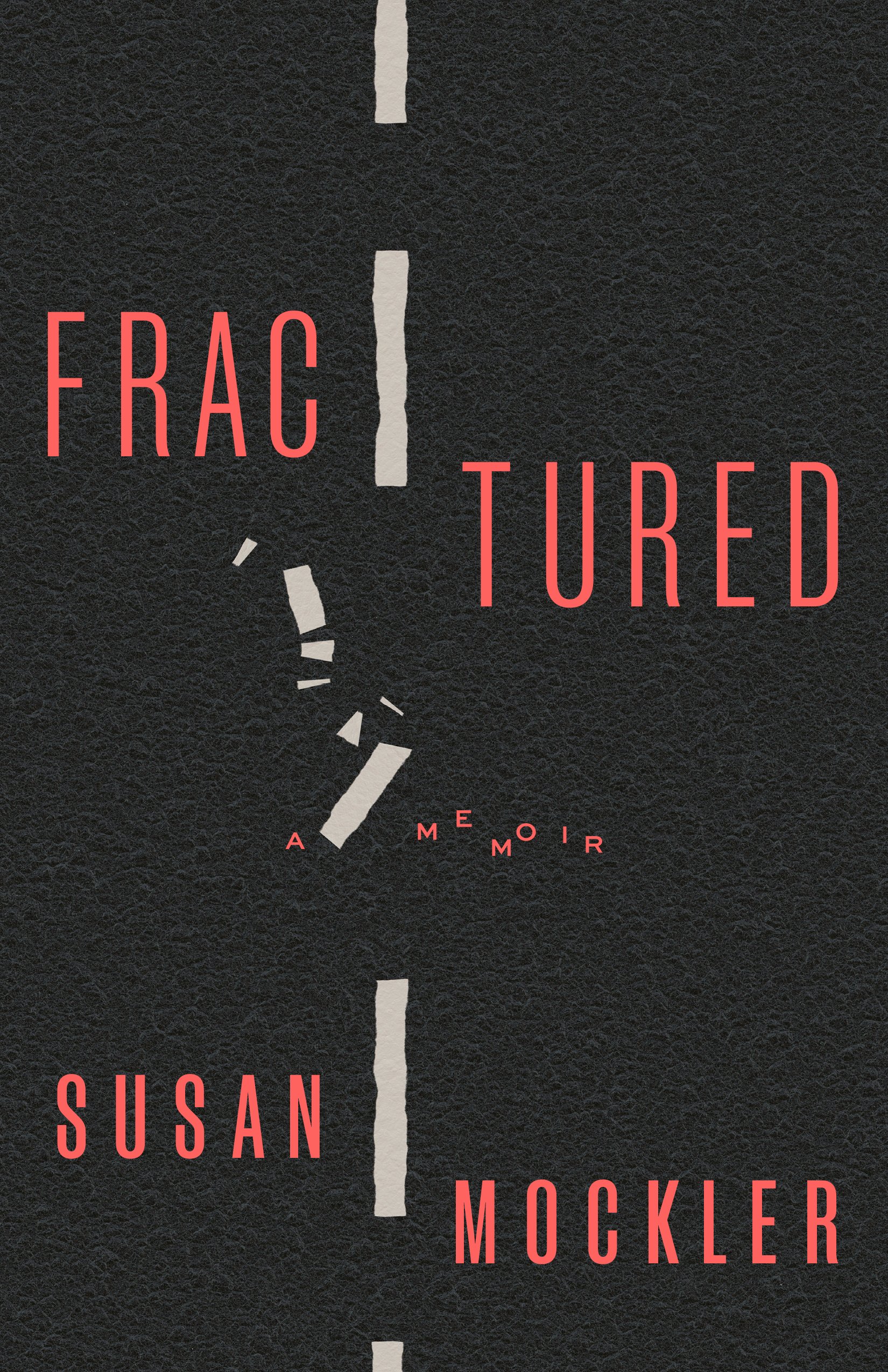More than 25 years after a serious car accident, Arts & Science alum Susan Mockler is using her new memoir Fractured to change the way society thinks about — and treats people with — disabilities.
"I want to raise awareness about obstacles in the built environment that continue to exclude people,” says Mockler, who graduated in 1986, earning an honours bachelor of arts with a major in psychology as a member of Victoria College.
“A lot of people don't think inclusion is important, but if I go somewhere and there's a set of steep stairs, it's like you're saying I’m not welcome.”
In the summer of 1995, Mockler was riding in a car on Highway 417 between Ottawa and Montreal when the vehicle slammed into a moose. The driver walked away with a few scratches, but the accident left Mockler unsure if she’d ever walk again. In fact, doctors say Mockler would have been killed instantly had her spinal injury been just a few millimetres in another direction.

In Fractured, Mockler recounts her recovery in the initial months after the crash, from the early treatments to rehabilitation. Mockler would eventually walk and live on her own with minor assistance, but it was a difficult journey.
Unable to use her legs or care for herself for weeks, she was relegated to a hospital bed; a metal halo bolted to her skull to restrict her movements in the hopes her body would heal.
Aside from her fight to regain mobility, Mockler’s book explores the infantilization and disrespect people with disabilities face every day. While in hospital, she recounts feeling like a pin cushion or just another box someone had to check off before they could leave for the weekend.
“Until I started recounting my experience decades later, I didn’t realize how much I’d been objectified because when you’re in that situation you’re just trying to survive,” says Mockler, who describes occasional mistreatment by hospital staff.
And while there were some honourable individuals who exhibited great compassion throughout her recovery, Mockler hopes to spread this message of empathy to current and future generations of health care providers through presentations and speaking engagements.
But for now, Mockler is basking in the accomplishment of publishing her first book, an endeavour years in the making.
"I’m glad I wrote this book years after the accident because for a long time I tried to hide my disability and pretend I didn’t have limitations,” she says. “And I don’t know if I would have had the same level of reflection and introspection.”
In tackling the difficult subject matter, Mockler established some distance by starting to write the book as a work of fiction.
“But with every successive revision, I got closer to the emotional truth of it,” she says.
Mockler kindled her love of writing during high school the same way so many teenagers do —through angsty poetry. But she really got hooked on the craft during her undergraduate when a professor in the Department of Psychology complimented her writing skills.
“I'd always wanted to write creatively, and that encouragement gave me a lot of confidence to write research papers and imagine moving ahead as a professional writer.”
The psychology major who became a clinical psychologist with a PhD admits her academic background may have even helped her deal with the emotional complexities triggered by her accident and subsequent disability.
“Before the crash, I was really interested in studying risk and resilience, and I think that helped me formulate a plan to cope, harnessing the power of the idea that people are adaptable and there’s a capacity to find that within yourself, even under the toughest circumstances.”
Mockler eventually settled down in Kingston, Ont., and she still lives with the effects of the accident; her right arm doesn’t function at 100 per cent and she limps with a cane, but she’s committed to constantly improving the lives of disabled people in her community.
“I serve on a municipal accessibility committee, and we address the accessibility needs and potential barriers faced by people with a broad range of disabilities,” says Mockler, whose underlying message is that everybody has a right to participate in society, no matter their level of ability.
"In writing Fractured, I was really hoping to contribute to the literature of disability and disability activism because attitudes are so important," she says. “If people with limited experience of disability become more aware of the barriers and discrimination disabled people face maybe that will increase opportunities for full participation of people with disabilities in society. I hope sharing my story will help with that.”

